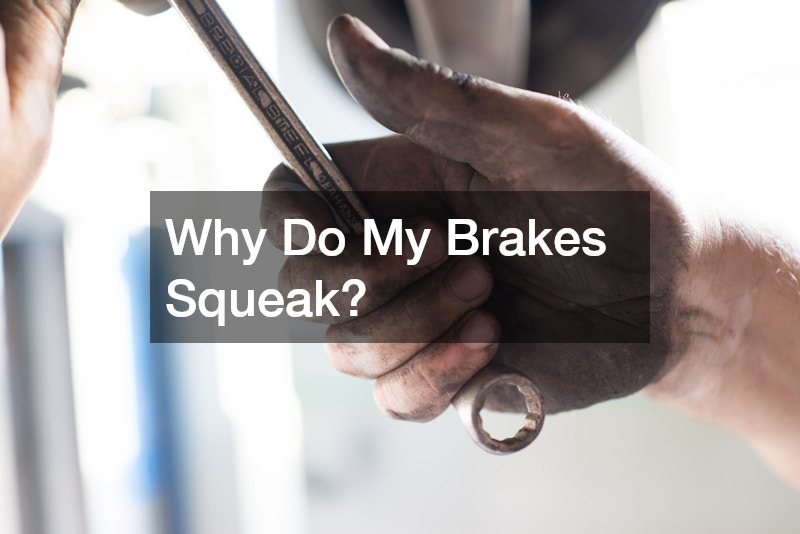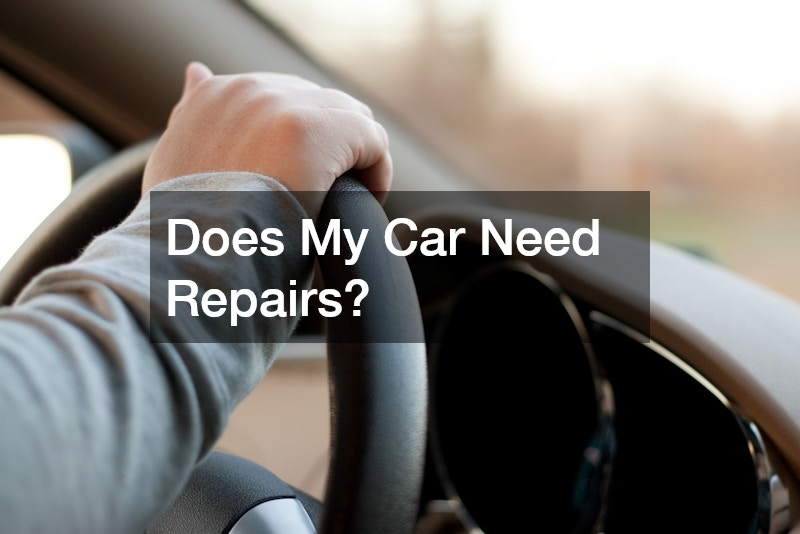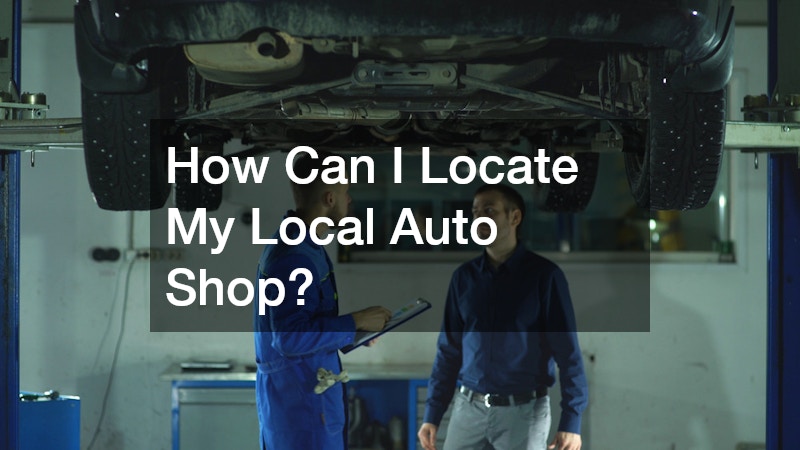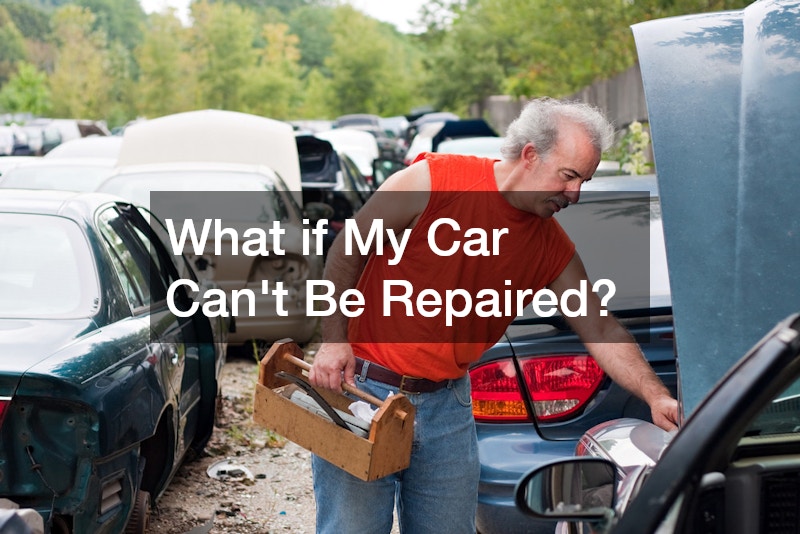In today’s fast-paced world, automobiles have become an indispensable part of our daily lives. Whether it’s for commuting to work, embarking on a road trip, or simply running errands, the need for a well-functioning vehicle is crucial. However, with regular use comes the inevitable wear and tear, making it essential for car owners to have a basic understanding of auto repair FAQs. Knowing the answers to common questions about auto repairs not only empowers car owners to make informed decisions but also helps them avoid unnecessary costs and delays.
From brake repair to auto glass repair, understanding the mechanics behind these services can offer peace of mind and ensure the longevity of your vehicle. With the complexity of modern vehicles, it may seem daunting to navigate through the array of potential issues and solutions. Yet, arming oneself with knowledge about essential auto repair FAQs can transform challenges into manageable tasks. This article aims to demystify some of the most common auto repair FAQs, providing car owners with valuable insights into maintaining their vehicles efficiently.
Why Do My Brakes Squeak?

Brake squeaking is one of the most common concerns among drivers, but it can stem from various underlying issues. Often, it’s simply a matter of worn-out brake pads that need replacing, which can typically be resolved by a straightforward brake repair. However, squeaky brakes can also be caused by accumulated dust and debris, leading to annoying high-pitched noises during braking. In certain cases, the issue might be more complex, such as glazed brake rotors, which occur when the brakes are overheated and the surface crystallizes. To accurately diagnose the root cause, consulting an experienced mechanic specializing in auto repairs is advisable.
Another reason your brakes may squeak is due to the type of brake pads you are using. Some brake pads, especially those made from hard materials like metal, are more prone to making noise. When these pads press against rotors, they create friction that leads to squeaking, emphasizing the need for appropriate maintenance. Properly lubricating the brake components can help eliminate these noises, an essential part of any comprehensive brake repair routine. Additionally, keeping an eye out for any warning signs, such as reduced braking performance or vibrations, can help prevent potential safety hazards and costly repairs down the line.
Furthermore, climate and weather conditions can play a role in brake squeaking. Moisture can cause temporary rust on brake rotors, leading to noise when the brakes are applied. However, this issue often resolves itself with regular use as the rust wears off. Nonetheless, if the problem persists, seeking assistance from an auto repair expert can prevent further damage and ensure your vehicle’s braking system is operating at optimal performance. By addressing brake issues early on, you can maintain the safety and reliability of your vehicle for years to come.
Should I Replace My Auto Glass?
Auto glass repair is another significant concern for vehicle owners, particularly when dealing with cracks and chips. These imperfections not only hinder visibility but can also compromise the structural integrity of your car. The decision to replace your auto glass hinges on the size, type, and location of the damage. Minor chips and cracks that are smaller than a dollar bill can sometimes be repaired without the need for a full replacement. However, larger or complex cracks, especially those that obstruct the driver’s vision, typically necessitate replacement to ensure safety.
While the cost and inconvenience of replacing auto glass might seem daunting, the benefits often outweigh the drawbacks. A properly installed windshield is crucial for the structural stability of your vehicle, especially in a rollover accident. It also plays a vital role in the proper deployment of airbags, making it a critical component of your car’s safety features. On the downside, replacement can be expensive, especially if it’s not covered by car insurance. However, many auto glass repair shops offer mobile services, providing convenient options for those in need of quick and professional repairs.
Moreover, neglecting cracked auto glass can lead to further complications, such as moisture infiltration and increased vulnerability to additional damage. Timely intervention through repair or replacement ensures the longevity and safety of your vehicle. For those unsure of the best course of action, seeking advice from a reputable auto repair shop about your auto repair FAQs can provide clarity and assurance. Ultimately, safeguarding your vehicle with quality auto glass repair or replacement is an investment in both your safety and peace of mind.
Who Should I Go to For Auto Repairs?
Choosing the right place for auto repairs is crucial to maintaining your vehicle’s health and longevity. One of the first considerations when you have auto repair FAQs is selecting the right shop. The shop’s reputation and experience are essential to consider. Looking for reviews and ratings online can provide insight into the quality of service a shop provides. Additionally, word-of-mouth recommendations from friends or family who have had positive experiences can be invaluable in finding a trustworthy mechanic.
The specialization of the repair shop also plays a role in the decision-making process. For example, seeking out a shop that specializes in truck repair might be beneficial if that’s the type of vehicle you own. Conversely, an auto body repair shop might be more suited for cosmetic repairs. Always ensure that the shop has the necessary certifications and employs skilled technicians, as this can be a good indicator of professionalism and credibility.
Cost transparency is another key factor to consider when choosing an auto repair shop. Requesting detailed estimates beforehand can help avoid unexpected expenses. Established shops often provide written warranties for their work, offering peace of mind and protection for your investment. Establishing a relationship with a reliable auto repair provider ensures your car receives the best possible care, enhancing its performance and extending its lifespan.
Does My Car Need Repairs?

One of your most important auto repair FAQs is how to go about recognizing when your car needs repairs. This can sometimes be challenging, but being vigilant about its performance can provide important clues. One of the telltale signs that your vehicle may require attention is the activation of warning lights on the dashboard. Ignoring these lights can lead to more significant issues, emphasizing the need for prompt car repairs. Additionally, unusual sounds, such as clunking or squealing, can indicate potential mechanical problems that need immediate investigation.
Changes in your car’s handling can also forecast the need for repairs. If you notice your steering wheel vibrating or your vehicle pulling to one side, it may be indicative of alignment issues or worn-out tires. Furthermore, any uncharacteristic fluid leaks under your car should be addressed promptly, as they may signal underlying problems. Conducting routine inspections and paying attention to how your car feels during operation can help diagnose issues before they escalate.
Fuel efficiency is another factor that can hint at the need for auto repairs. A sudden drop in miles per gallon can be a sign that your vehicle’s engine or other components are not functioning optimally. Regular maintenance and timely repairs not only preserve your car’s performance but also reduce the likelihood of unexpected breakdowns. For those uncertain about diagnosing car problems, seeking professional answers to your auto repair FAQs from a local auto repair shop can offer assurance and help maintain your vehicle’s health and resilience.
My Windshield is Cracked — What Now?
Facing a cracked windshield can be both a safety hazard and an aesthetic concern. When it comes to auto windshield repair, determining whether to repair or replace the glass boils down to assessing the extent of the damage. Small chips or cracks, typically less than 6 inches, can often be repaired by a professional. Auto windshield repair specialists use resin to fill and seal the cracks, restoring the windshield’s integrity and preventing the damage from spreading.
However, if the crack is extensive or located in a precarious position, such as directly in the driver’s line of sight, a complete replacement may be necessary. The structural role of a windshield in a vehicle is significant, especially in the event of a collision. Therefore, ensuring its proper condition through repair or replacement is crucial for both safety and compliance with road safety regulations. Trusting a reliable auto repair shop to provide answers to your auto repair FAQs and conduct a thorough assessment is essential to determine the best course of action.
In many cases, car insurance policies may cover the cost of windshield repair or replacement. It’s advisable to consult with your provider to understand what is included in your policy. Additionally, acting swiftly can often mean the difference between a simple repair and a more costly replacement. Resolving auto windshield repair issues promptly safeguards your vehicle’s safety features and maintains its aesthetic value, ensuring a secure and enjoyable driving experience.
Where Should I Go for My Truck Repair?
Choosing the right facility for truck repair is vital due to the specific needs that these larger vehicles present. Trucks often require specialized equipment and a different skill set compared to compact cars, so selecting a provider that caters to truck repair needs is essential. In addition to their expertise in handling larger vehicles, they also have relevant experience in dealing with the nuances of truck systems and components.
Consider proximity and convenience when selecting a truck repair shop. Being located near your home or business can make the logistics of dropping off and picking up your vehicle much less burdensome. It’s also worthwhile to explore local auto repair businesses that have established reputations and offer reliable services. Visiting several shops, if possible, can provide a sense of which establishments prioritize customer satisfaction, quality workmanship, and transparency.
Another important aspect is cost and the availability of warranties on repairs. Trucks can represent significant investments, so ensuring that they are serviced by professionals who stand by their work is essential. Obtaining multiple estimates from truck repair specialists can provide a clearer understanding of the market rate and save you from overcharged services. By selecting the right repair provider, you ensure that your truck remains safe, efficient, and reliable.
How Can I Locate My Local Auto Shop?

When thinking about auto repair FAQs, another common question is how to find a local auto repair shop that you can trust with your vehicle. This can make a crucial difference in maintaining its performance and longevity. Start by seeking recommendations from friends, family, or coworkers who have had positive experiences with local auto repairs. Personal referrals often carry weight as these individuals can attest to the shop’s reliability and service quality. Online reviews and ratings also paint a picture of the shop’s reputation, aiding in making an informed decision.
Exploring auto repair directories and automotive forums can reveal additional insights and options for your search. Many websites consolidate reviews, ratings, and testimonials, showcasing the local shops that stand out in your area. Consider stopping by potential shops to evaluate their professionalism and the services they offer. Observing their facilities and speaking with the staff helps gauge the level of customer service provided.
Lastly, verify that your chosen local auto repair shop is licensed and certified to ensure quality and adherence to industry standards. Automotive associations and certification from vehicle manufacturers are indicators of a shop’s commitment to excellence in automotive service. Once you’ve found a trusted local shop, it’s easier to prioritize regular maintenance and promptly address any issues that arise, enhancing your car’s reliability and performance.
What Else is There to Keep in Mind?
While addressing auto repair FAQs, mechanical and cosmetic concerns may be at the forefront, but other considerations related to auto repair should also be part of your maintenance routine. A comprehensive auto body repair can enhance both the aesthetics and the value of your vehicle. Addressing scratches, dents, and paint imperfections not only boosts your car’s appearance but also helps prevent rust and structural damage. Routine inspections and professional touch-ups maintain your car’s exterior as a long-term investment.
Another aspect to consider involves keeping abreast of recalls and manufacturer advisories. Automotive manufacturers often issue recalls to rectify defects for no additional cost, and ensuring your car is compliant with these advisories can prevent potential hazards and maintain vehicle safety. Staying informed about these updates can protect you from unnecessary risks and expenses related to unresolved issues.
Finally, be mindful of warranty coverage and insurance implications when undertaking repairs. Understanding what components and services are covered under warranty can help in making informed decisions about auto repairs. Additionally, it’s beneficial to discuss repair coverage with your car insurance provider to ascertain which services might be reimbursable. Comprehensive knowledge about insurance policies and warranty terms enables smart financial planning for vehicle repairs and ensures peace of mind while on the road.
Will My Insurance Cover Auto Repairs?
Determining whether car insurance covers auto repairs involves understanding the specifics of your policy. Typically, car insurance encompasses collision and comprehensive coverage, which may address certain repair costs associated with accidents or unforeseen events. Reviewing the terms of your car insurance policy provides clarity on what is included, helping avoid potential misunderstandings and out-of-pocket expenses. However, standard wear and tear items or mechanical failures often don’t fall under routine insurance coverage, necessitating payment by the owner.
Nevertheless, some insurance providers offer additional options, such as mechanical breakdown insurance, which covers certain repairs beyond regular maintenance and collision repairs. This add-on can be beneficial as it extends coverage to components like the transmission and engine. However, evaluating the cost versus the risk is essential to determine the feasibility of this additional coverage.
For accidents and substantial repairs, promptly contacting your insurer to inquire about coverage can help streamline the claims process. Documenting damage through photographs and securing repair estimates assists in providing supporting evidence for your claim. Being proactive in understanding the limitations and opportunities presented by your insurance provider can ease the process and ensure that you maximize repair coverage efficiently.
What if My Car Can’t Be Repaired?

One of the most common auto repair FAQs is how to know when your car can’t be repaired. Sometimes vehicles reach a point where repairs no longer make financial sense, particularly if the cost exceeds the car’s value. In such scenarios, considering options like “ cash for junk cars” programs can be beneficial. These services purchase non-operational vehicles regardless of age or condition, providing an opportunity to reclaim some value from your investment efficiently. Exploring local auto salvage yards or online platforms specializing in cash for junk cars can yield favorable returns for an otherwise unused vehicle.
The process usually involves getting a quote based on the car’s make, model, year, and condition. After agreeing on the terms, the company arranges for the vehicle’s collection, often at no extra charge to the seller. This hassle-free option eliminates the stress associated with traditional selling methods or attempting further repairs. Moreover, it negates ongoing maintenance and expense obligations tied to keeping an irreparable vehicle.
While the sum received might be modest in comparison to a functioning vehicle, it still represents an opportunity to reduce losses and recycle automotive components responsibly. This environmentally friendly approach offers a practical solution when a car can no longer be feasibly repaired, ensuring you extract value from a challenging situation. By exploring cash for junk cars options, you can effectively manage end-of-life vehicles while planning for future transportation needs.
In conclusion, being equipped with knowledge about the most common auto repair FAQs hugely benefits car owners, simplifying decision-making regarding vehicle maintenance. Whether it involves understanding brake repair, contemplating auto glass repair, or knowing the signs that indicate when your car requires attention, informed choices lead to efficient and cost-effective solutions. Grasping the nuances of selecting an appropriate repair shop, addressing insurance considerations, and considering options like cash for junk cars ensures that your vehicle management plan is comprehensive and practical. By prioritizing education and proactivity, car owners can drive confidently, enjoying the benefits of a well-maintained and reliable vehicle.




